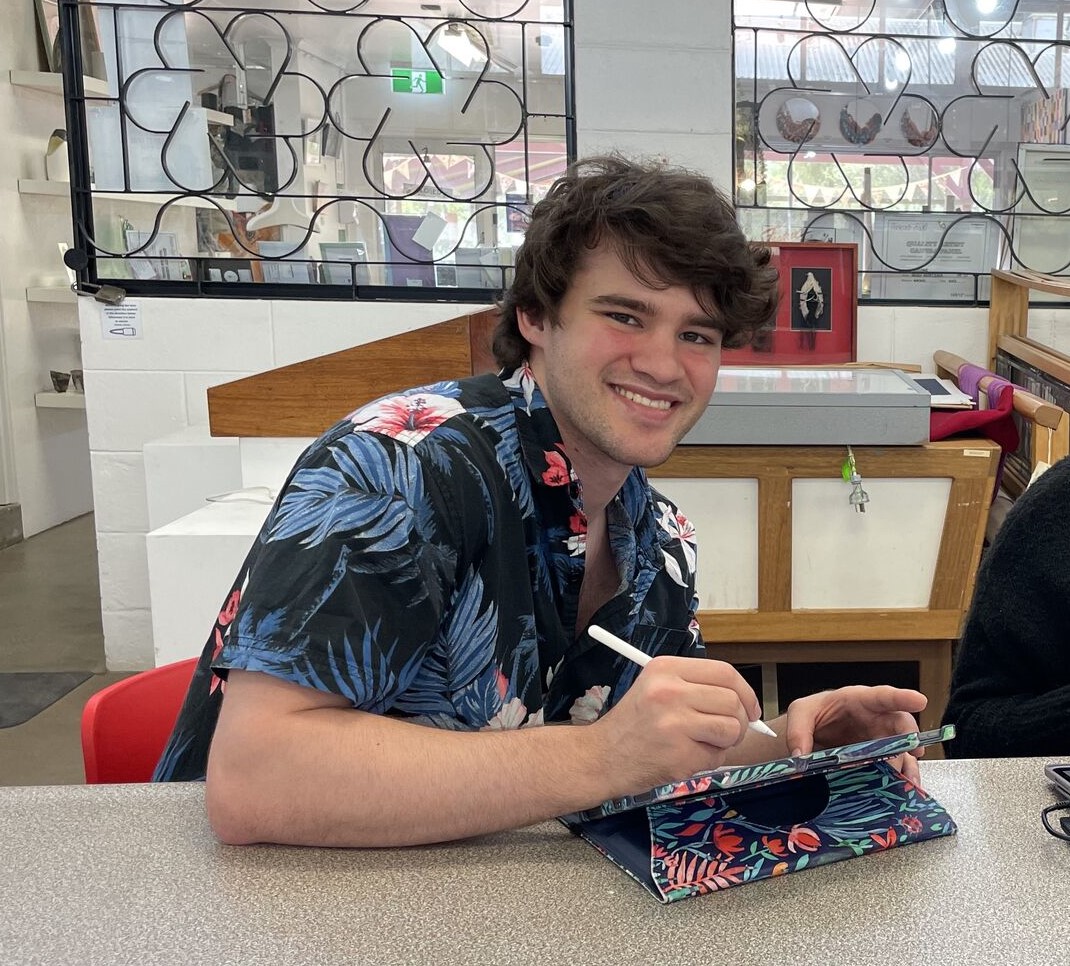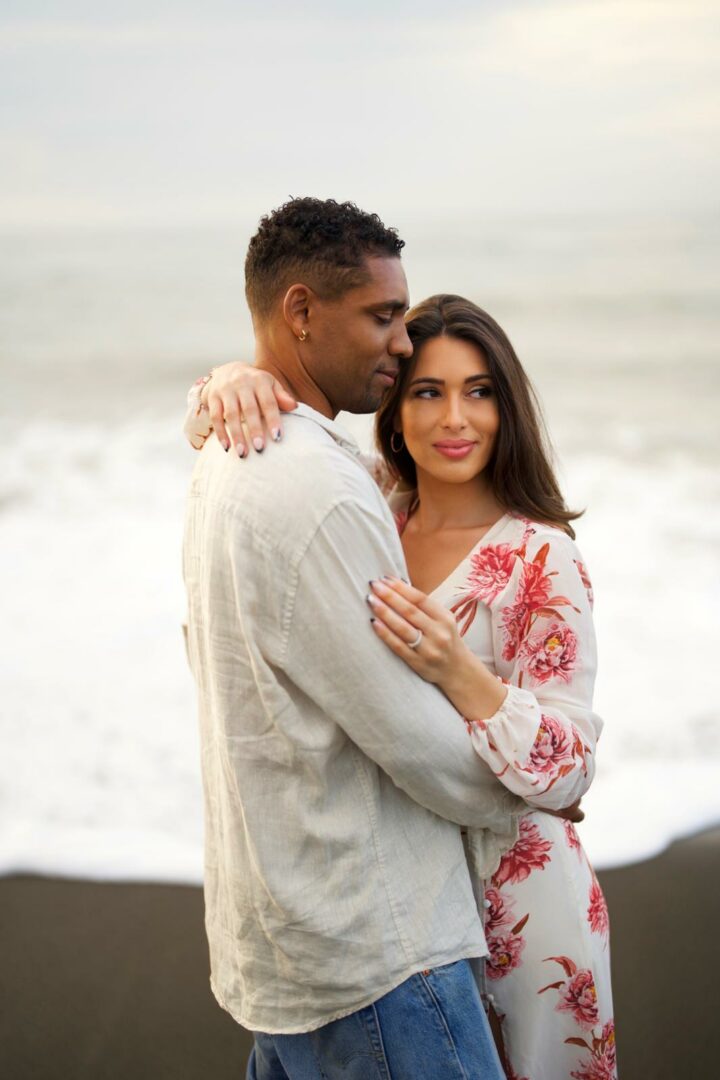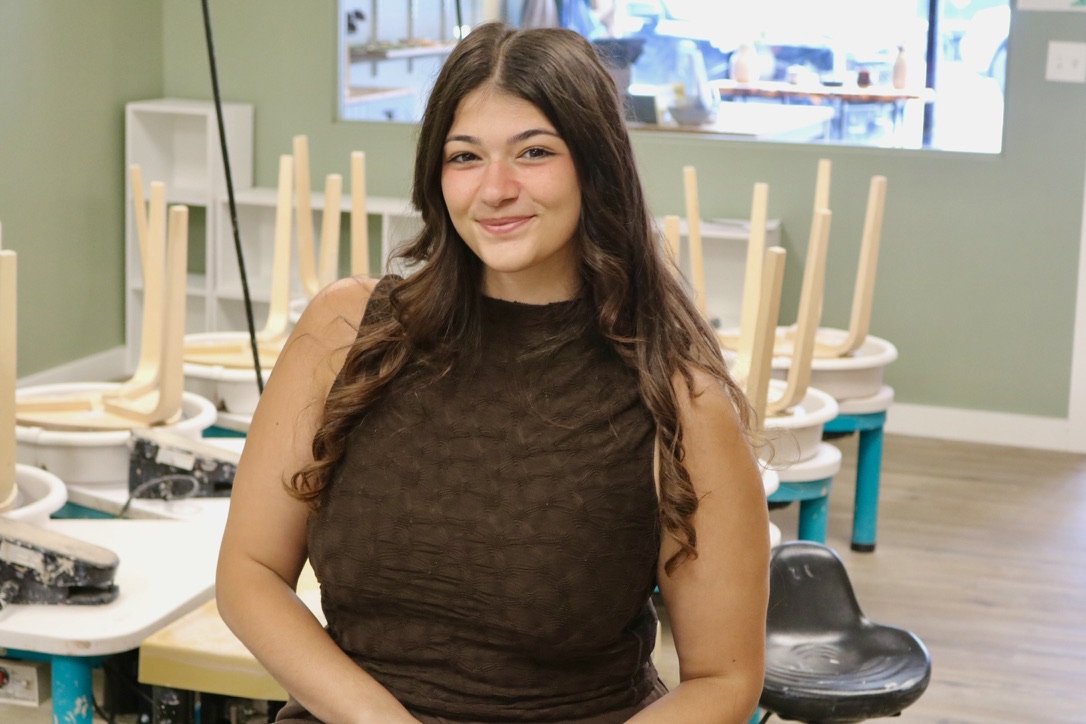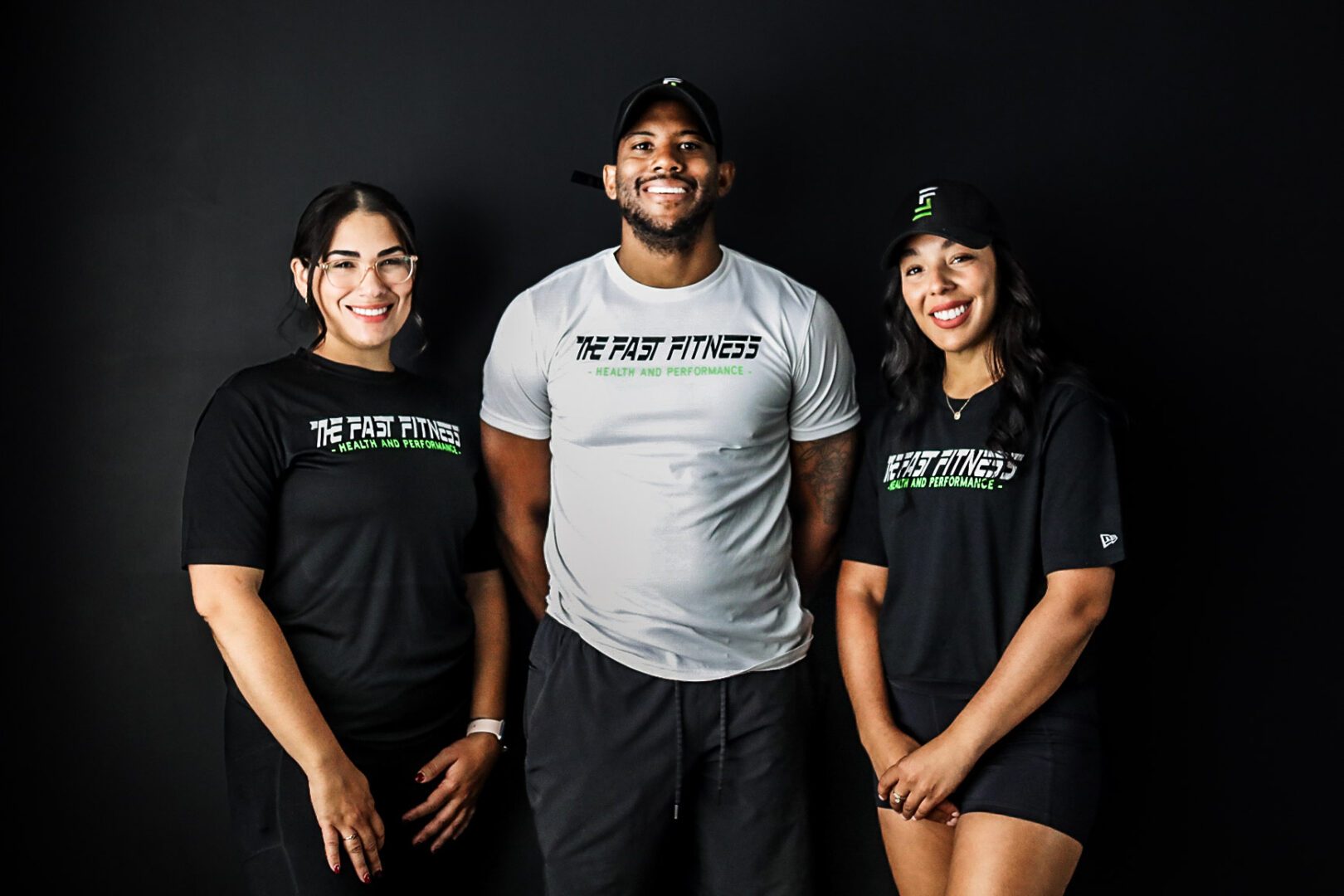We caught up with the brilliant and insightful Starr Horton a few weeks ago and have shared our conversation below.
Hi Starr, thanks for sitting with us today to chat about topics that are relevant to so many. One of those topics is communication skills, because we live in an age where our ability to communicate effectively can be like a superpower. Can you share how you developed your ability to communicate well?
Communicating an idea clearly, effectively, and in an interesting manner is critical in an artistic field full of images. Sometimes it is tempting to deliver information as plainly and directly as possible, however, I am also interested in using unique imagery to evoke emotions in both personal and client work. Avoiding the first impression that pops into my head is a good way to come up with creative solutions to problems, but it can be a welcome challenge to execute it in a way that I envision it and resonates with others. As the head of animation on the short film, The Voiceless Man, I worked closely with Director Julian Stern and a team of animators to find captivating shot compositions and imagery involving shadows, centipedes, and stitches to create a gritty and dystopian mood. I concentrated on strengthening artistic aspects that I hadn’t explored before and it was an exciting experience to break away from obvious scene choices.
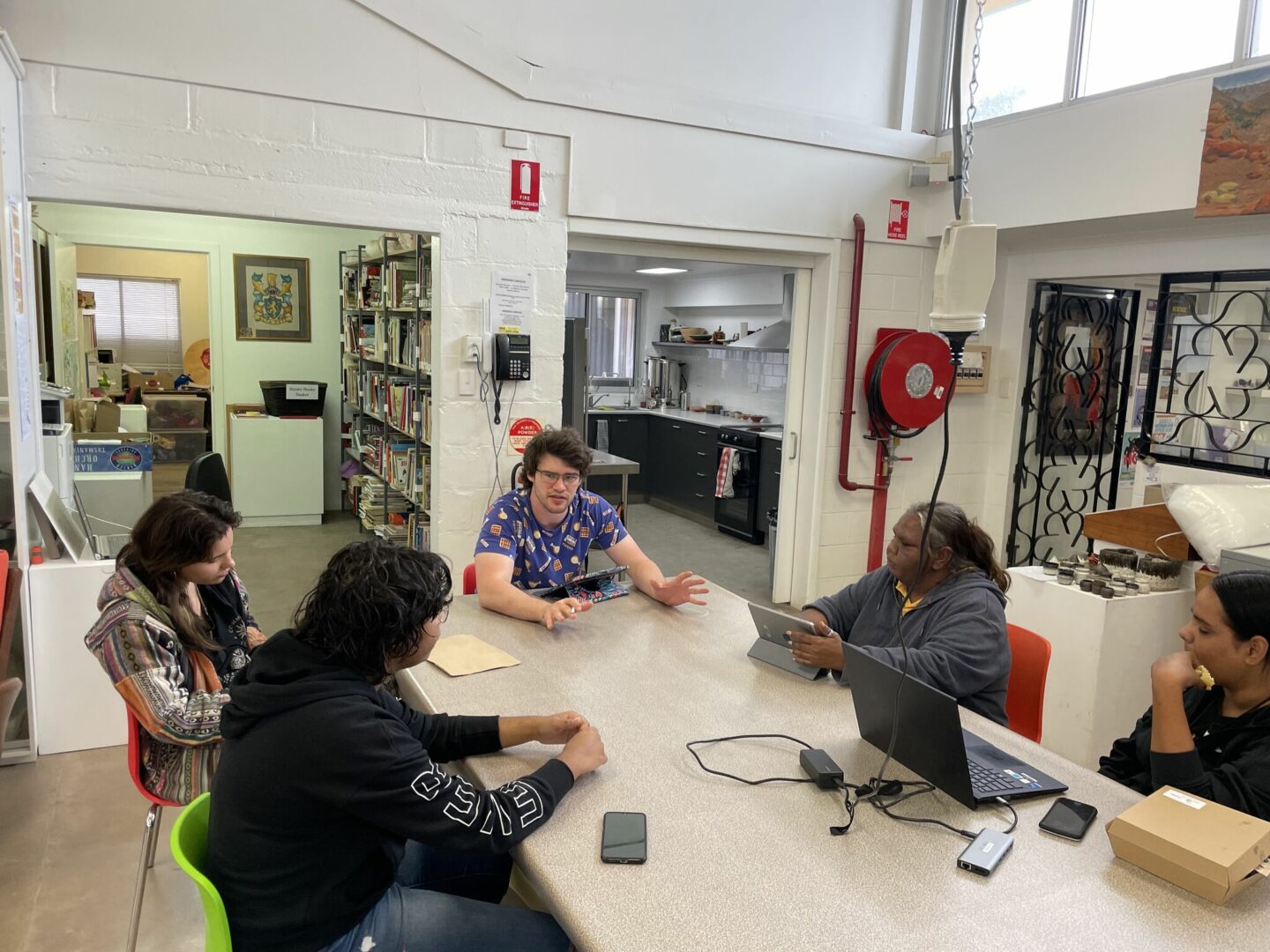
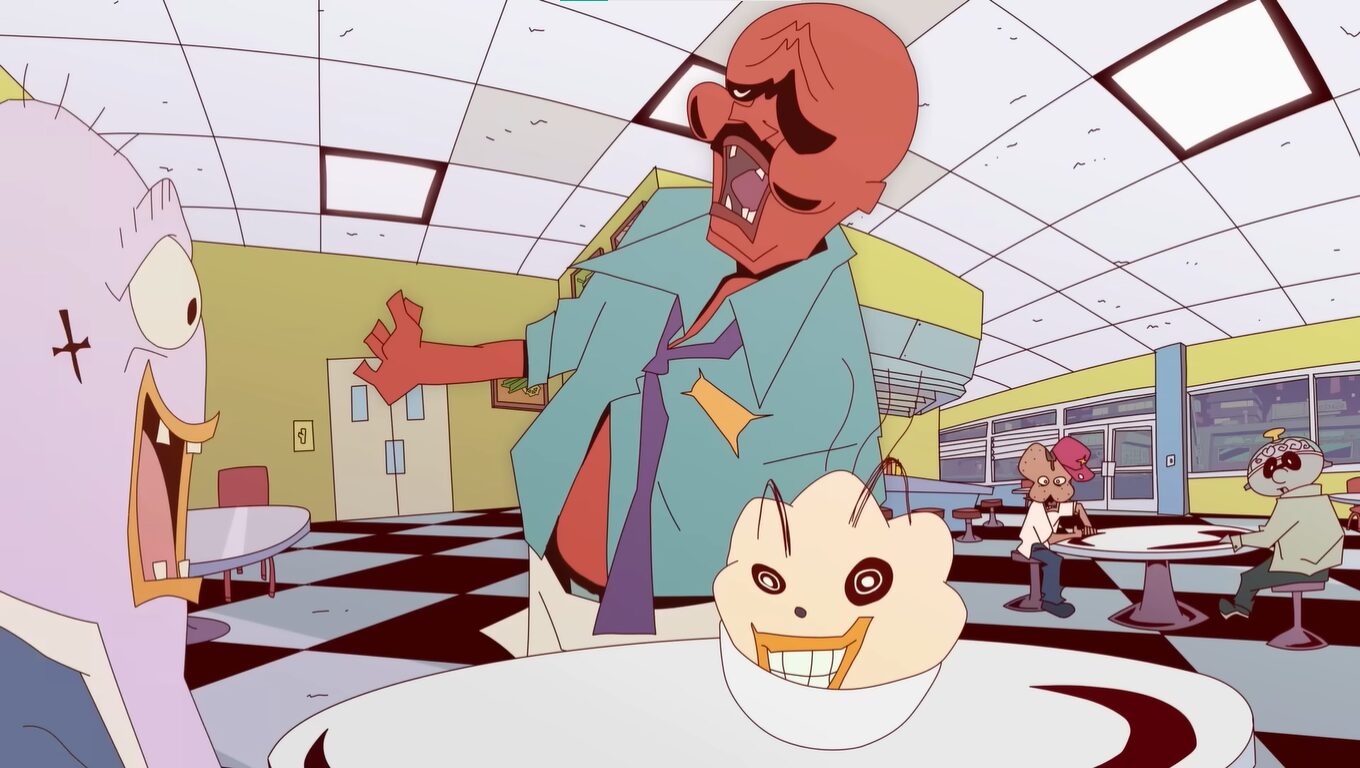
Let’s take a small detour – maybe you can share a bit about yourself before we dive back into some of the other questions we had for you?
I am a 2D artist and animator, working in indie animation, making drawings move. I’ve always been very passionate about creating films. As a kid growing up in Miami, my closet was a workshop for all the DIY props and practical effects I created for the home movies I shot in my backyard. Soon after, I learned animation was the perfect way of infusing my drawings with life and personality instead of the camera and I have been obsessed with it ever since. I ended up moving to LA to study film and animation at USC and have remained there since.
Once I graduated college, I had the unique opportunity to teach animation in Australia at the Batchelor Institute of Indigenous Tertiary Education. I found I had tremendous interest in showing others how animation worked, and that I had the most understanding when I was required to explain animation principles to other people, especially at several different skill levels. When I taught animation to people with limited animation experience, I found myself having to redefine and simplify concepts that I had taken for granted for so long. It was only after breaking these ideas down to the most basic principles, that I started to explore them in new ways I hadn’t thought of before and think about them more esoterically. I hope I continue to teach to help others as I enjoy seeing and hearing other people’s perspectives on it, and reinforcing my own knowledge is an added bonus.
I am intending to launch a mentorship program for people interested in learning and growing in animation at different levels. It would range from introductory courses in motion to directing animated music videos and short films.
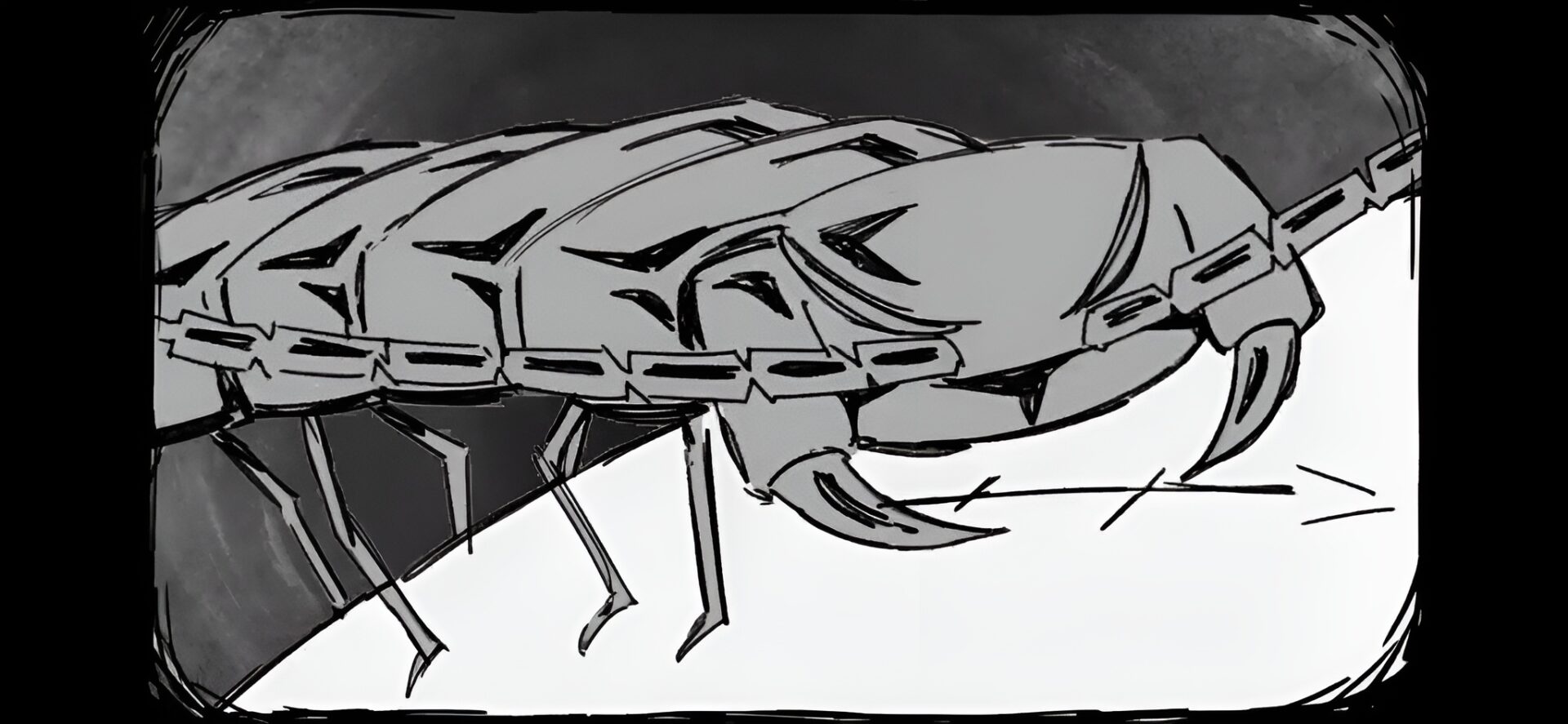
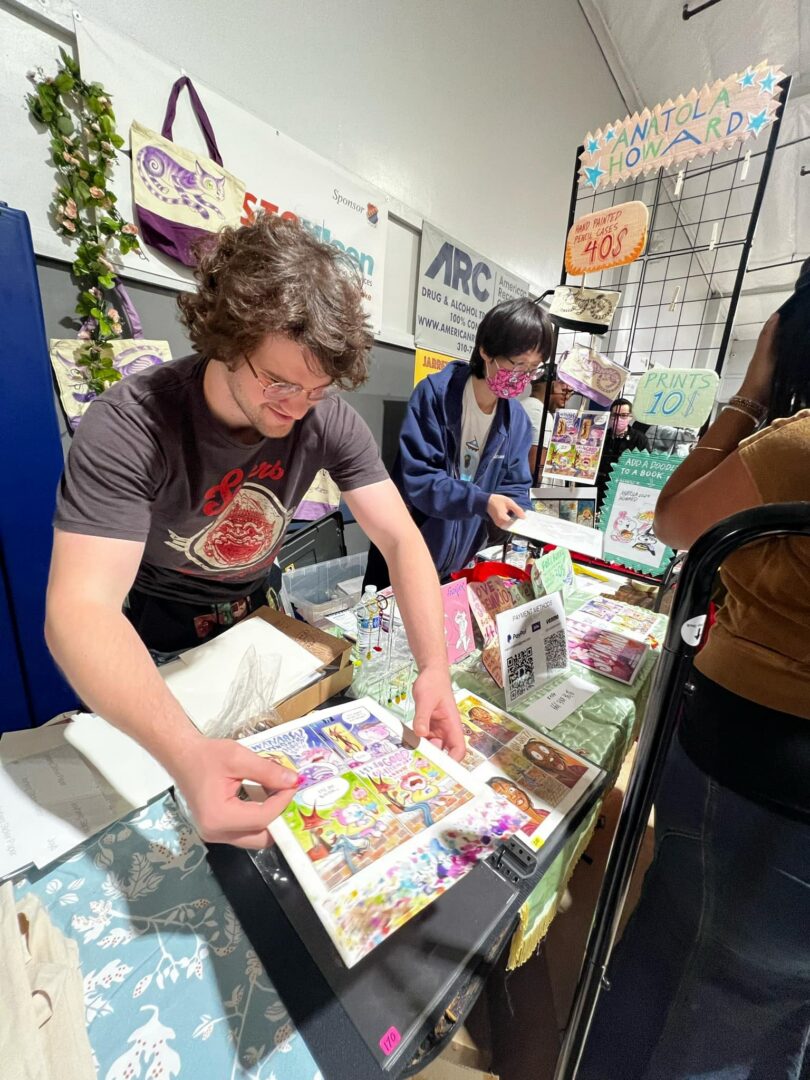
Looking back, what do you think were the three qualities, skills, or areas of knowledge that were most impactful in your journey? What advice do you have for folks who are early in their journey in terms of how they can best develop or improve on these?
Three qualities that were most impactful to me are completing projects, taking criticism, and fitness.
As I continue to work in animation, I gain experience and feel more confident performing creative tasks more effectively, but it’s easy to spend a lot of time being a perfectionist. I recently wrapped up animating on an indie anime music video titled YOPPAMAN created by Zack Fox and produced by Donald Glover. It was an excellent learning experience to not overthink every line, partially due to the deadline, but also because committing to drawings as I finished them helped me be less critical of my own work and kept shots flowing smoothly. My most recent mission has been to continue this trend where I complete things to the best of my ability so I can cross it off my list before starting new projects.
As an artist it can be a challenge to take criticism when it’s in conflict with your design sensibilities or you disagree with the evaluation personally. It can be helpful to give some time to process constructive criticism before you decide the best course of action. Often, I find myself agreeing with the note once I have had the chance to implement it.
I feel I do my best work when I am in an environment that inspires me and motivates me to create. I am most focused when the path is clear of distractions so maintaining a proper workspace and lifestyle is really important for me. It isn’t always easy, I try to stay organized despite a cluttered creative process, and stay active despite spending a lot of time at my desk. It’s all about keeping a balance. Taking frequent walks helps me keep a clear head and break up my time on the computer.
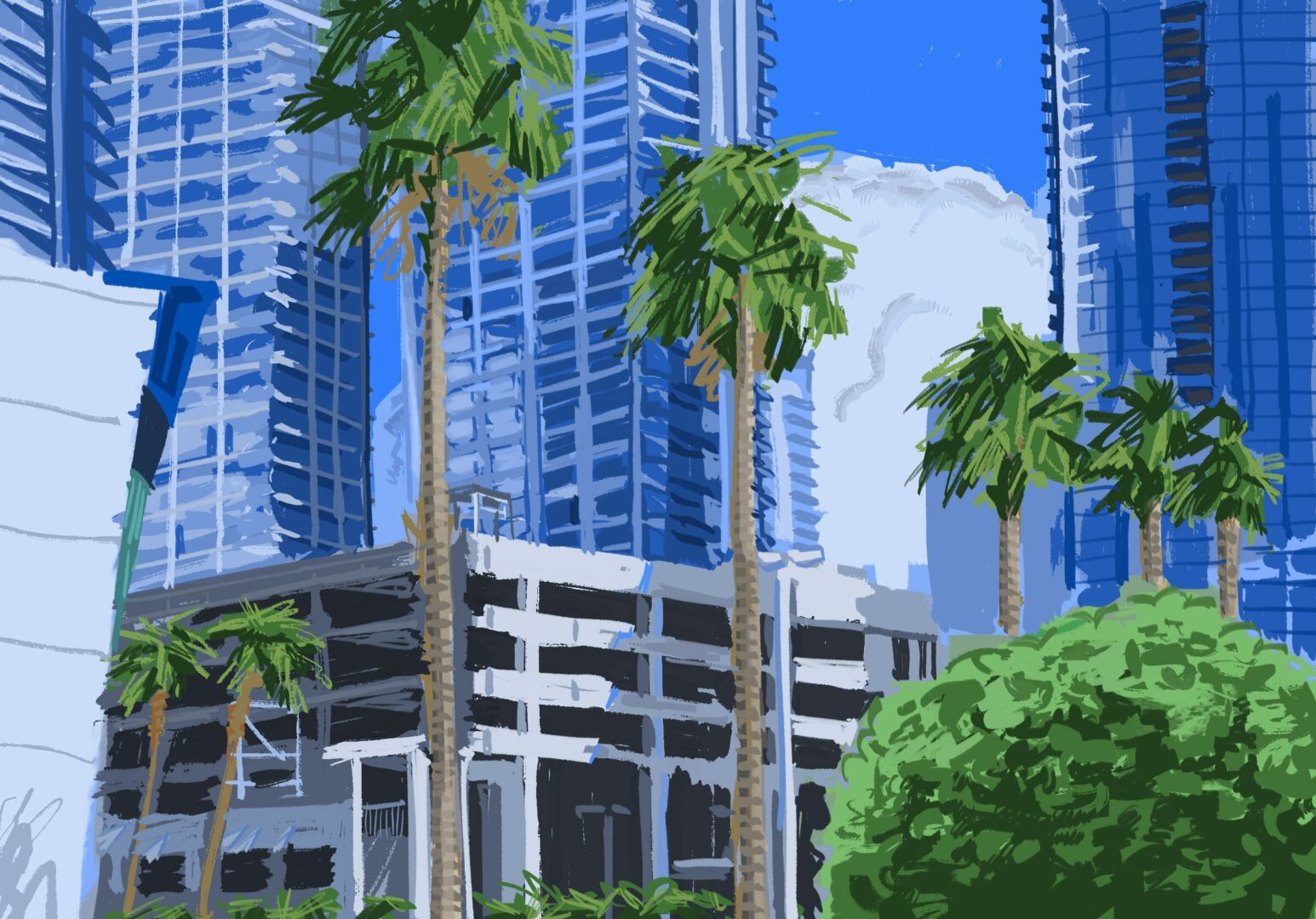
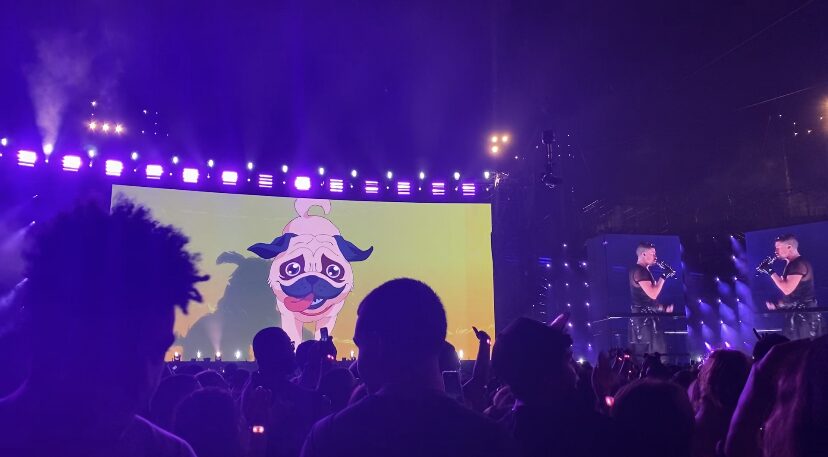
Okay, so before we go we always love to ask if you are looking for folks to partner or collaborate with?
I am looking to connect with people from various creative disciplines who are interested in learning more about animation as a concept, students coming out of animation school looking to develop their skills, and for anyone looking for ways to express themselves through the medium of moving images. You can connect with me via email [email protected] and through my instagram @hortonstarr
Contact Info:
- Website: https://starrhorton.wixsite.com/mysite/animation
- Instagram: https://www.instagram.com/hortonstarr/
- Linkedin: https://www.linkedin.com/in/starrhorton/
- Twitter: https://x.com/fluaw
- Youtube: https://www.youtube.com/@hortonstarr
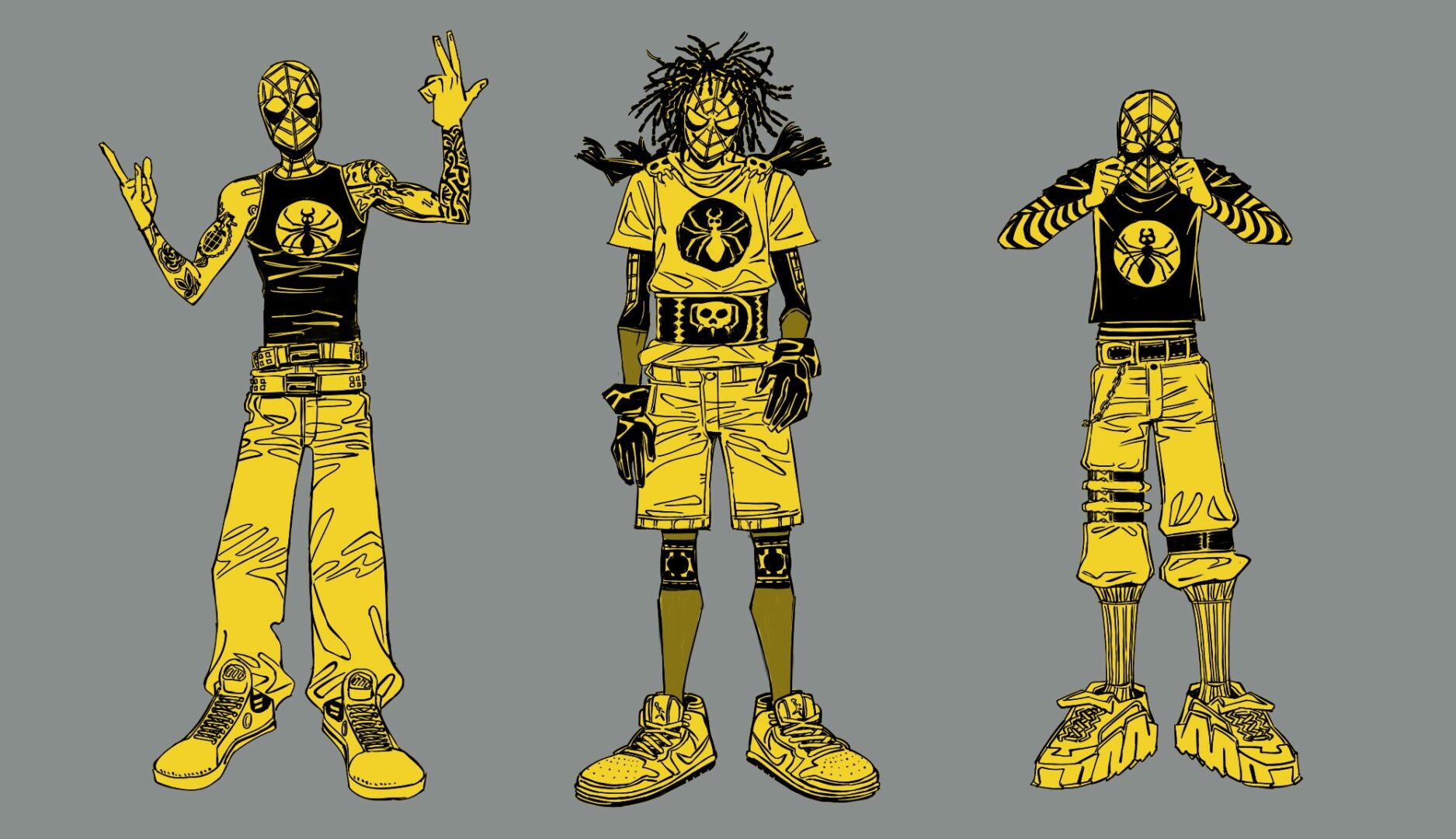
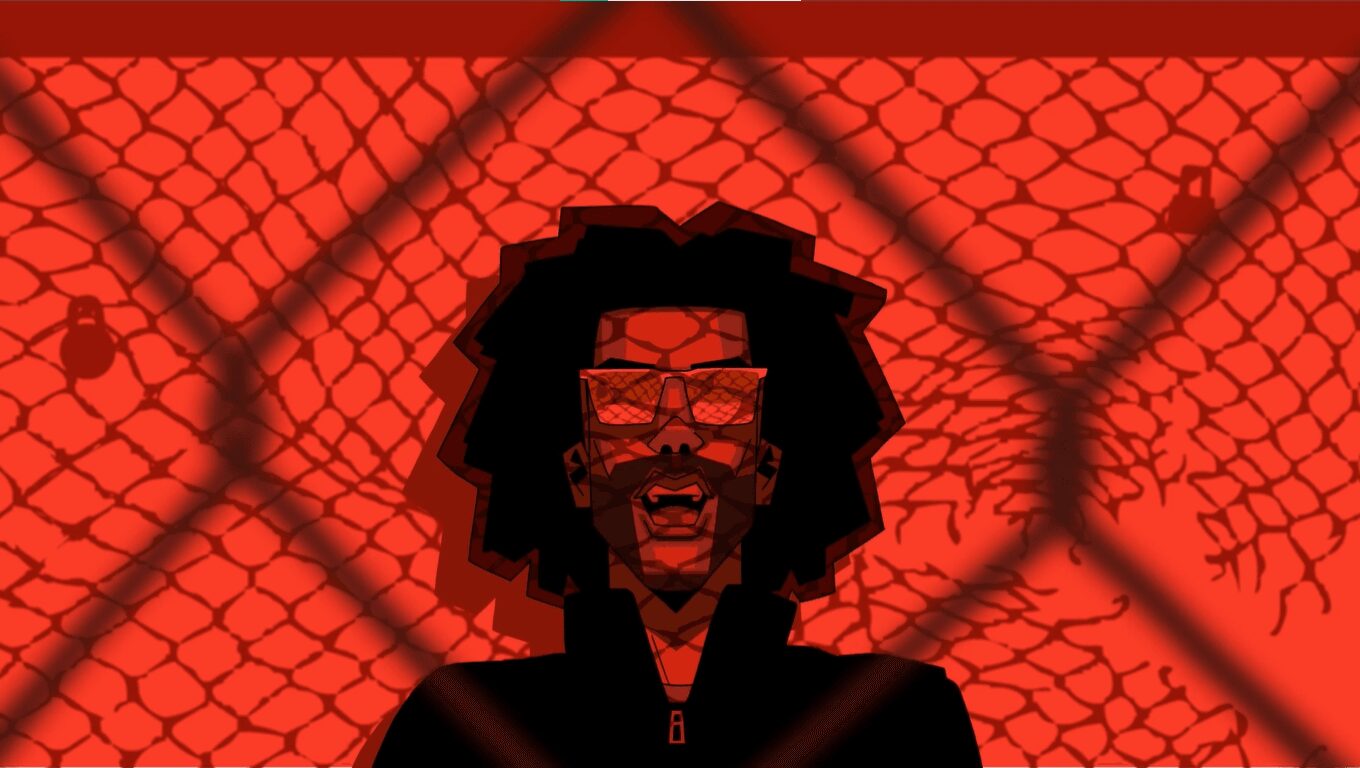
so if you or someone you know deserves recognition please let us know here.

